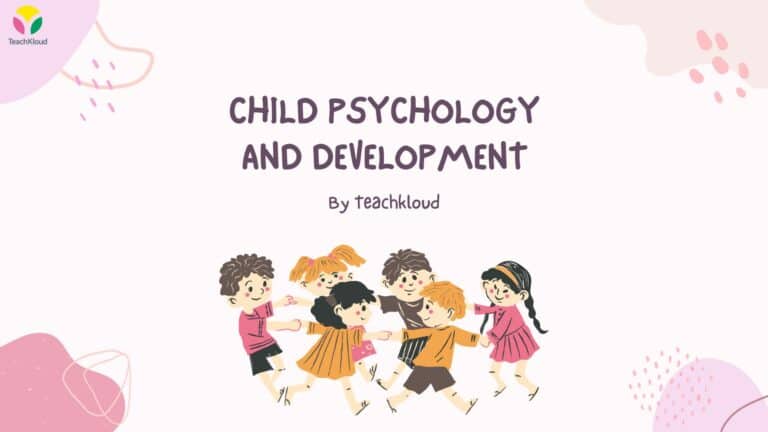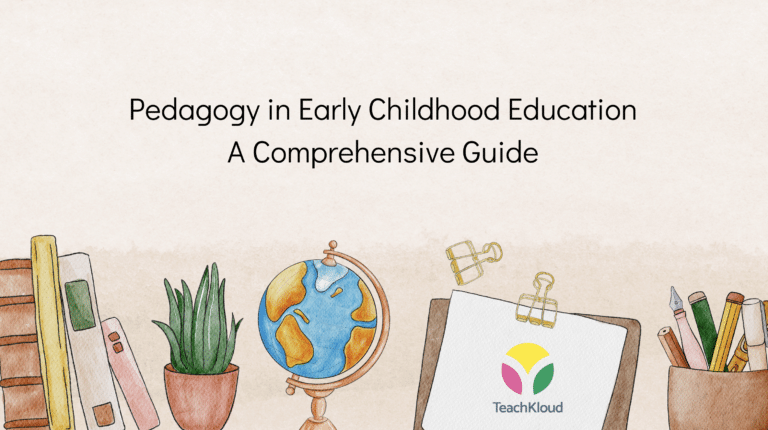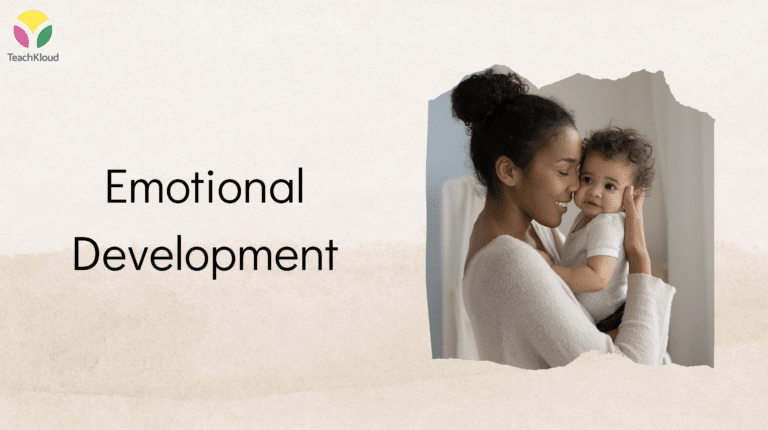Early childhood is a critical period for social development, as children begin to explore their interactions with others and form their first friendships. However, some children may struggle with making friends, whether due to shyness, language barriers, or being new to a social environment. As childcare professionals, it is crucial to support these children and create opportunities for meaningful connections. Here are five strategies to encourage friendships in early childhood.
- Foster a Warm and Inclusive Environment Creating a warm and inclusive environment is the foundation for building friendships. Children should feel safe, valued, and respected in their childcare setting. Encourage a sense of belonging by displaying inclusive materials, celebrating diversity, and promoting positive interactions among children. By fostering an atmosphere of acceptance, you create a space where friendships can thrive.
- Teach Social Skills and Emotional Intelligence Friendship building involves essential social skills and emotional intelligence. Incorporate activities that teach children how to take turns, share, listen, and express themselves effectively. Role-playing scenarios and using puppets or dolls can help children practice these skills in a fun and engaging way. Teach empathy, kindness, and problem-solving, empowering children to navigate social situations and form meaningful connections.
- Facilitate Cooperative Play Cooperative play is a valuable opportunity for children to collaborate, share ideas, and work together towards a common goal. Set up activities that require teamwork, such as building blocks or creating art projects as a group. Encourage children to take turns, communicate their ideas, and support each other. By providing structured opportunities for cooperative play, you promote friendship building and develop essential social skills.
- Encourage Peer Interactions Create a classroom environment that encourages peer interactions. Arrange the physical space to promote socialisation, such as setting up cozy reading corners or group workstations. Plan activities that encourage children to work in pairs or small groups, fostering communication and collaboration. Take an active role in facilitating conversations and introducing children with common interests, helping them initiate interactions and form connections.
- Celebrate Friendships and Differences Emphasise the value of friendships and celebrate the unique qualities of each child. Provide opportunities for children to share about their interests, cultures, and backgrounds, creating a culture of respect and appreciation. Organise multicultural celebrations or friendship-themed events, where children can learn about each other’s traditions and experiences. By highlighting the beauty of diversity, you foster an environment where friendships can flourish.
Remember, building friendships takes time, patience, and understanding. Every child has their own pace and comfort level when it comes to social interactions. Be observant and sensitive to individual needs, providing gentle guidance and support as necessary. Encourage parents to share information about their child’s interests and hobbies, which can help foster connections with peers who share similar passions.
In conclusion, supporting children in building friendships during early childhood is vital for their social and emotional development. By fostering a warm and inclusive environment, teaching social skills, facilitating cooperative play, encouraging peer interactions, and celebrating friendships and differences, childcare professionals can create a nurturing space where meaningful connections can be formed. Through these strategies, we empower children to develop essential social skills, cultivate empathy, and lay the foundation for positive and lasting friendships that will benefit them throughout their lives. Below is a sample learning opportunity that can be used to begin discussion on friendships and empathy on a foundational level.
Objective: To promote social development and celebrate the diversity of friendships within the classroom.
Materials Needed:
- Colourful card or paper
- Magazines or printed images
- Glue sticks
- Scissors
- Colouring pencils or crayons
Instructions:
- Begin by gathering the children in a circle and discussing the importance of friendships and the unique qualities that each child brings to the group.
- Introduce the concept of a collage, explaining that it is a collection of different pictures and materials that come together to create something meaningful.
- Provide each child with a piece of colourful card or paper and a glue stick.
- Ask the children to think about their friends in the classroom and the things they enjoy doing together.
- Encourage the children to search through magazines or use printed images to find pictures that represent their friendships and shared interests. Alternatively, they can draw pictures themselves.
- Assist the children in cutting out the chosen images or drawings.
- Once they have gathered their selected materials, guide them in arranging and gluing them onto their card or paper to create a “Friendship Collage.”
- As they work on their collages, encourage the children to share stories about their friendships and why they value them.
- After the collages are completed, invite the children to share their creations with the group. Encourage them to explain the images they chose and why they represent their friendships.
- Display the Friendship Collages in the classroom, creating a visual representation of the diverse friendships within the group.
Reflection and Extension: After completing the activity, engage the children in a discussion about the different friendships represented in the collages. Encourage them to recognise and appreciate the diversity of friendships and the strengths that each friendship brings. Additionally, read books that celebrate friendship and discuss the lessons and values portrayed in the stories. Encourage ongoing conversations and activities that support and reinforce the importance of friendships in the classroom.
By implementing this Friendship Collage activity, childcare professionals provide an opportunity for children to express their appreciation for friendships while celebrating the unique qualities and diversity within their social circle. This activity encourages collaboration, communication, and reflection, fostering social development and creating a sense of belonging and acceptance within the classroom community.




